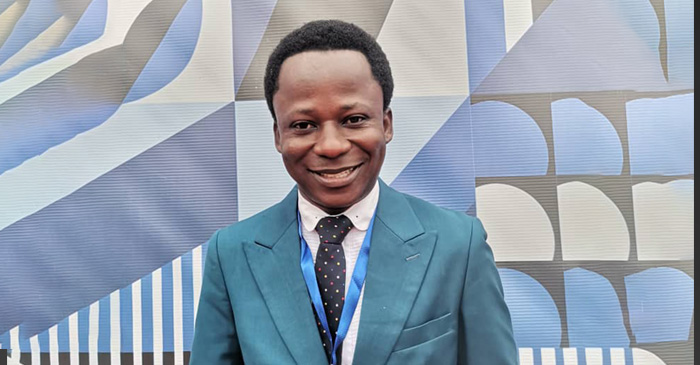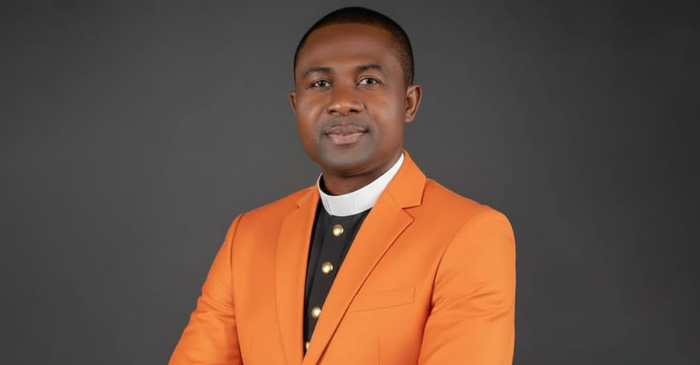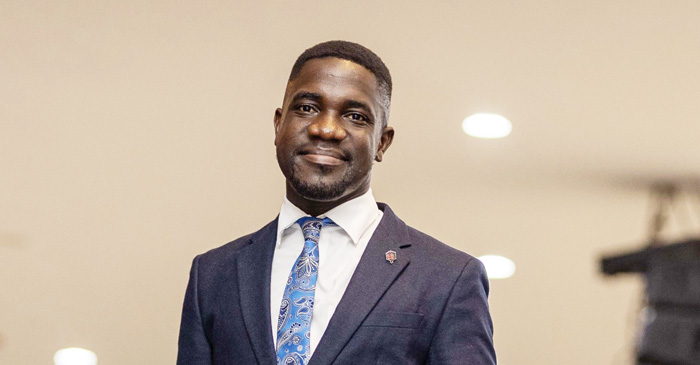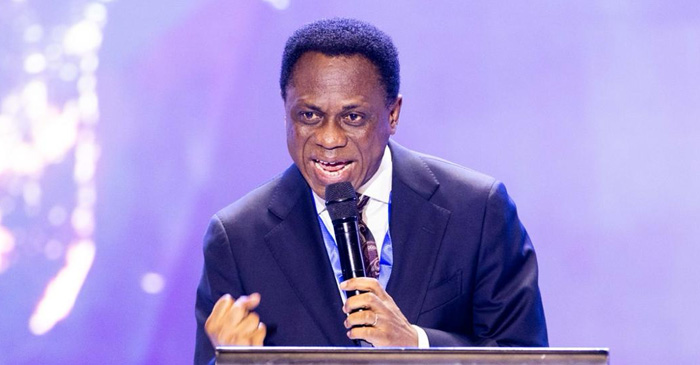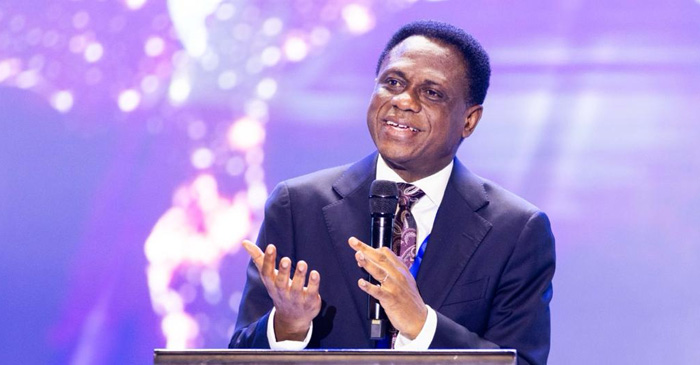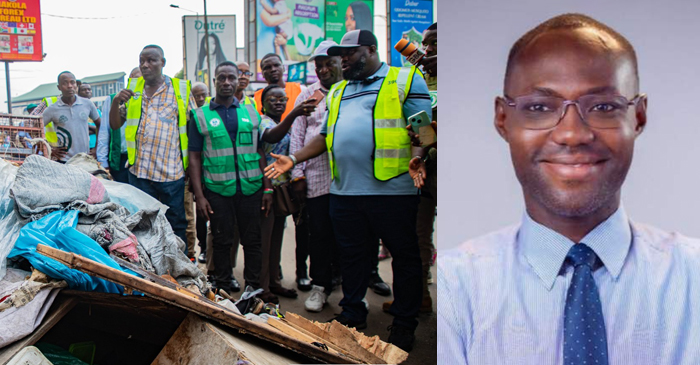
Ghana is bleeding—not just from economic strain, corruption, or inefficiency, but from something more subtle, more corrosive: indiscipline. We have lost countless lives, livelihoods, and public resources not just due to misfortune, but due to a systemic tolerance for lawlessness. It is time to flip the script. It is time we profit from indiscipline—not by tolerating it, but by holding it accountable.
We must begin to enforce our laws with urgency and boldness. As things stand, our streets are overrun, public spaces disrespected, and authority figures silenced—not by reason, but by fear of political backlash. Too often, governments buckle under the weight of electoral blackmail, as citizens threaten to vote them out for simply doing the right thing.
But is this truly the will of the people? I beg to differ.
Most Ghanaians crave order. Most Ghanaians yearn for structure. We have seen it. We felt it in the wave of public support for the immediate past IGP, Dr. George Akuffo Dampare. He is arguably the most admired Inspector General of Police in Ghana’s recent history—not because he was perfect, but because he stood for something: discipline. He enforced the laws with firmness and fairness, and the people loved him for it. His popularity cut across political lines, and his sudden removal was met with deep disappointment. That reaction alone tells a story: Ghanaians are not enemies of discipline—they are hungry for it.
Yet in the streets of Accra, we see a different story unfolding. The Accra Metropolitan Assembly (AMA) has been embarking on a decongestion exercise—moving traders off pedestrian walkways in an attempt to restore order. But what do we hear in return? “We have nowhere to go.” “We voted you into power.” Emotional appeals that weaponise poverty and twist public sympathy, not to seek solutions, but to escape responsibility. This is not right. This is not how nations rise.
In Singapore, a nation once riddled with the same challenges we face today, order was enforced through discipline. The late Prime Minister Lee Kuan Yew famously said, “If you want to be a leader, you must be prepared to have your principles tested, even if it means being unpopular.” Today, Singapore stands as one of the cleanest, most efficient nations in the world—not by magic, but by enforcing rules, even when it hurt.
In Rwanda, a country once torn apart by genocide, discipline is now the hallmark of its governance. Citizens don’t litter. Public officials are held accountable. Markets are clean. Order reigns. And the people—yes, the people—have embraced it.
So why not Ghana?
We must start charging people for indiscipline, just as it is done in any serious nation. Fines, citations, penalties—these are not acts of wickedness; they are tools of national growth. We should be building systems that don’t just tolerate compliance but profit from it—not in terms of revenue alone, but in terms of dignity, safety, and progress.
As Nigerian author Chinua Achebe once lamented, “The trouble with Nigeria is simply and squarely a failure of leadership.” The same can be said of Ghana today. But leadership is not just in government; it is in the attitude of every Ghanaian. The moment we stop excusing indiscipline and start demanding better, Ghana will change.
Let’s not be afraid to do what is right for fear of losing elections. In fact, not doing what is right may be the fastest way to lose both elections and credibility.
We can no longer afford to let lawlessness masquerade as compassion. We can no longer allow discipline to be mistaken for cruelty. Ghana must work again. And that work begins with a collective decision to embrace order, to enforce our laws, and to build a nation that values its rules.
Fellow Ghanaians, enough with the electoral blackmail—it is time for a change. If we will not allow those in authority to exercise the power we have entrusted to them, then what is the point of giving it in the first place?
Written by Prince Kojo Asare (Head of News, Pent Media Centre)



